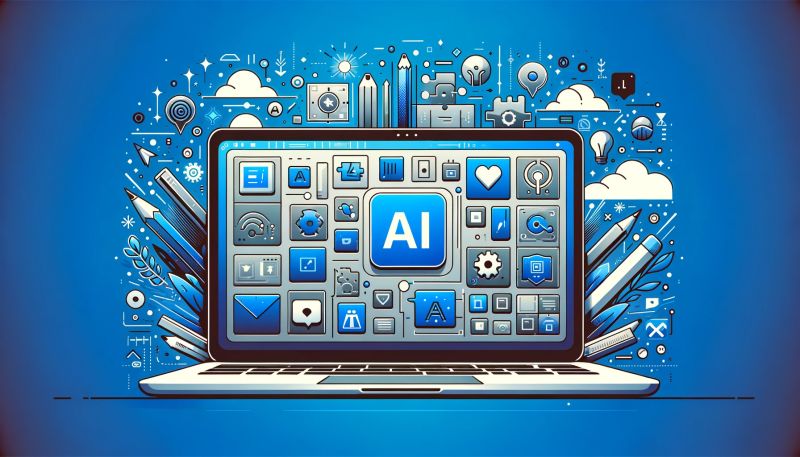
Artificial Intelligence (AI) tools are reshaping the world around us. From automating mundane tasks to providing insights that drive innovation, AI has permeated nearly every sector of our lives. In this blog, we explore how AI tools are being utilized in the present day, their benefits, challenges, and the future potential they hold.
AI tools have become integral to our daily routines, often in ways we may not even notice. Voice assistants like Siri, Alexa, and Google Assistant use natural language processing (NLP) to understand and respond to user queries. Streaming platforms such as Netflix and Spotify leverage recommendation algorithms to personalize content. Even our social media feeds are curated using AI to enhance engagement and user experience.
Healthcare: AI tools are revolutionizing healthcare with applications in diagnostics, treatment planning, and patient monitoring. For example, AI-powered imaging tools can detect diseases such as cancer at an early stage, while predictive analytics help in managing patient care more efficiently.
Education: Adaptive learning platforms use AI to provide personalized educational experiences. These platforms analyze student performance and tailor content to suit individual learning styles.
Finance: Fraud detection, risk assessment, and algorithmic trading are some of the ways AI tools are transforming the financial sector. Chatbots and virtual assistants are enhancing customer service in banking.
Retail: AI-driven inventory management, customer behavior analysis, and personalized marketing strategies are helping retailers optimize their operations and improve customer satisfaction.
Efficiency: AI tools automate repetitive tasks, allowing humans to focus on more creative and strategic activities.
Accuracy: With advanced algorithms, AI reduces errors in critical processes, such as medical diagnoses and financial transactions.
Scalability: AI enables businesses to scale their operations without proportionally increasing resources.
Personalization: From shopping experiences to healthcare, AI tools provide tailored solutions that enhance user satisfaction.
While AI tools offer numerous benefits, they also come with challenges:
Bias in Algorithms: AI systems can perpetuate biases present in their training data, leading to unfair outcomes.
Privacy Issues: The collection and processing of large volumes of data raise concerns about user privacy and data security.
Job Displacement: Automation has sparked fears about the potential loss of jobs in certain sectors.
Ethical Concerns: Questions around the ethical use of AI, such as surveillance and decision-making in critical scenarios, are still being debated.
As AI continues to evolve, its potential applications are virtually limitless. Areas such as generative AI, autonomous vehicles, and quantum computing are poised to see significant advancements. However, the development and deployment of AI tools must be guided by ethical considerations, robust regulations, and a focus on inclusivity.
AI tools are undeniably a driving force in today’s world, offering unprecedented opportunities to enhance productivity and innovation. As we navigate the challenges and possibilities of this technology, a balanced approach that prioritizes human welfare and ethical considerations will ensure AI’s role as a positive transformational force in society.